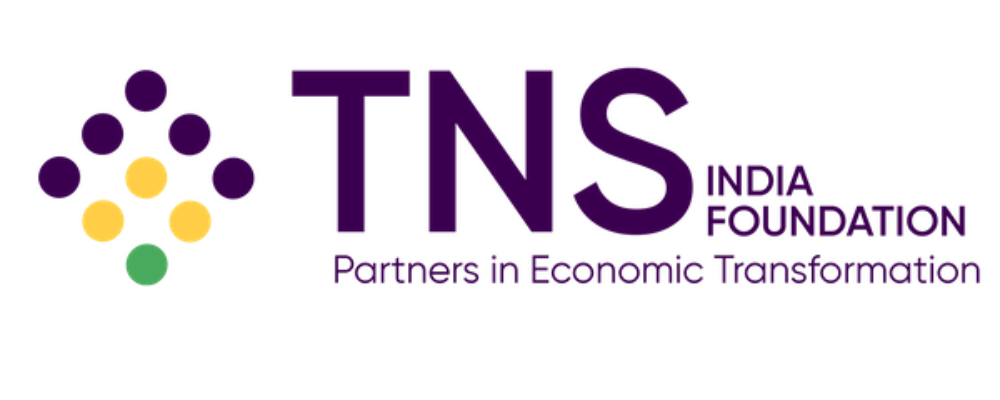Rural Livelihood
RURAL LIVELIHOOD
Agriculture
RURAL LIVELIHOOD
Agriculture
India being a primarily agrarian society, engages 54.6% of its workforce in agriculture allied activities for their livelihood. The key issues the farmers in India face are the climatic conditions, visibility and product enhancement, low productivity of farming, limited participation in the input and the output market and erratic water resources.
To combat these issues TNS India Foundation has developed a program to help the sustainable livelihoods of local farming households which aims to help their economic development by sustainably improving household incomes. To do so, the program focuses five key aspects:
- Improving the yield and quality of crops by promoting good agricultural practices which includes training on pre and post management of crops, using natural and chemical pesticides and the benefits of these on soil quality, training farmers with more efficient ways to harvest yields, benefits of quality grading and sorting produce for better prices and methods of identifying when crops have reached maturity.
- Strengthening farmer institutions is a crucial aspect of the program which is aimed at helping agricultural households (farmers) come together to establish Farmer Producer Companies (FPC) in order to eliminate middlemen who buy from individual households and sell to institutional buyer, get better prices for raw material purchases, get access to loans, to sell directly larger markets (domestic & international) and be able to sell to institutional buyers for better prices.
- Developing market systems by helping the FPC gain access to institutional buyers, promoting FPC as a one-stop solution to farmers by providing agri-inputs such as pesticides and overall help support in produce making, with higher yields and better quality crops.
- Promotion of organic kitchen gardens by providing training on establishing organic kitchen gardens, educating farmers on the benefits such as monetary benefits of growing their own vegetables and the importance of good nutrition on long-term health.
- Building local capacities to manage critical water resources sustainably by promoting good natural resource management practices by rejuvenation and creation of water structures (recharge shafts and distilling), the formation of water user committees to make farmers aware about the importance of local water resources and conducting resource mapping in each area.
Rural Entrepreneurship
Rural Entrepreneurship
India is set to become the third largest economy by 2031, entrepreneurship has become a critical driver of national economies given transformations in the global economy, technological advancements, novel innovations and changing demographics (Rao & Kalyani, 2017). Indian Entrepreneurship will prove to be a catalyst of social change in the country, innovation, and job and capital generation and overall economic progress- making entrepreneurship critical for poverty alleviation, sustained personal and national growth, enhancement of living standards and overall well-being of society. Although small and medium enterprises (SMEs) globally tend to face similar challenges to growth, women-led businesses face significant additional structural and cultural barriers to gender.Due to cultural and structural barriers, especially faced by rural women entrepreneurs, they are often unable to access the assistance they require to become more credit-worthy, more viable suppliers for corporate buyers and create more sustainable businesses. It is reported that only 30% of rural women are engaged in economic activity. As a result, rural women entrepreneurs lack the skills, exposure, awareness and knowledge required to grow their businesses
To address the issues faced by rural women entrepreneurs, TNS India Foundation has developed a comprehensive mentoring program to push women to break social and cultural barriers and polish their entrepreneurial skills to establish and grow their own businesses. This program has three main components:
- Providing skill training and assistance to help women entrepreneurs grow and sustain their SGBs. Training curriculum will include aspects of personal financial literacy training (e.g. managing household finances, utilizing personal financial services effectively, etc.), farming as a Business (developed in-house based on adult learning principles and derived from learning from our past rural-agri entrepreneurship programs) and handheld support to develop business plans for women-led businesses.
- Strengthen SGBEs access to markets and services by working closely with the management of existing women-led SGBss to increase the organization’s female membership base as well as to enhance women’s role in the organization’s leadership, develop women SBGleaders’ ability, alongside male leaders, to manage business operational functions, develop partnerships with financial institutions to improve the women –led SGBs’ access to commercial finance to support growth, developing banking and online skills in beneficiaries and providing training and helping gain access to digital sales platform and entry-level mobile device in order to use apps like WhatsApp, Facebook (Marketplace), Google (Pay), Youtube, and Paytm among others.
- Increase access to financing for women entrepreneurs by providing support in quantifying their financing needs and improve creditworthiness based on results from a comprehensive cost and investment analysis and creditworthiness assessment for the program SGBs, organizing documentation, loan application, and support to persuasively sell their creditworthiness and through working with existing SGBs to increase women’s access to market inputs, valuable services and financing.

